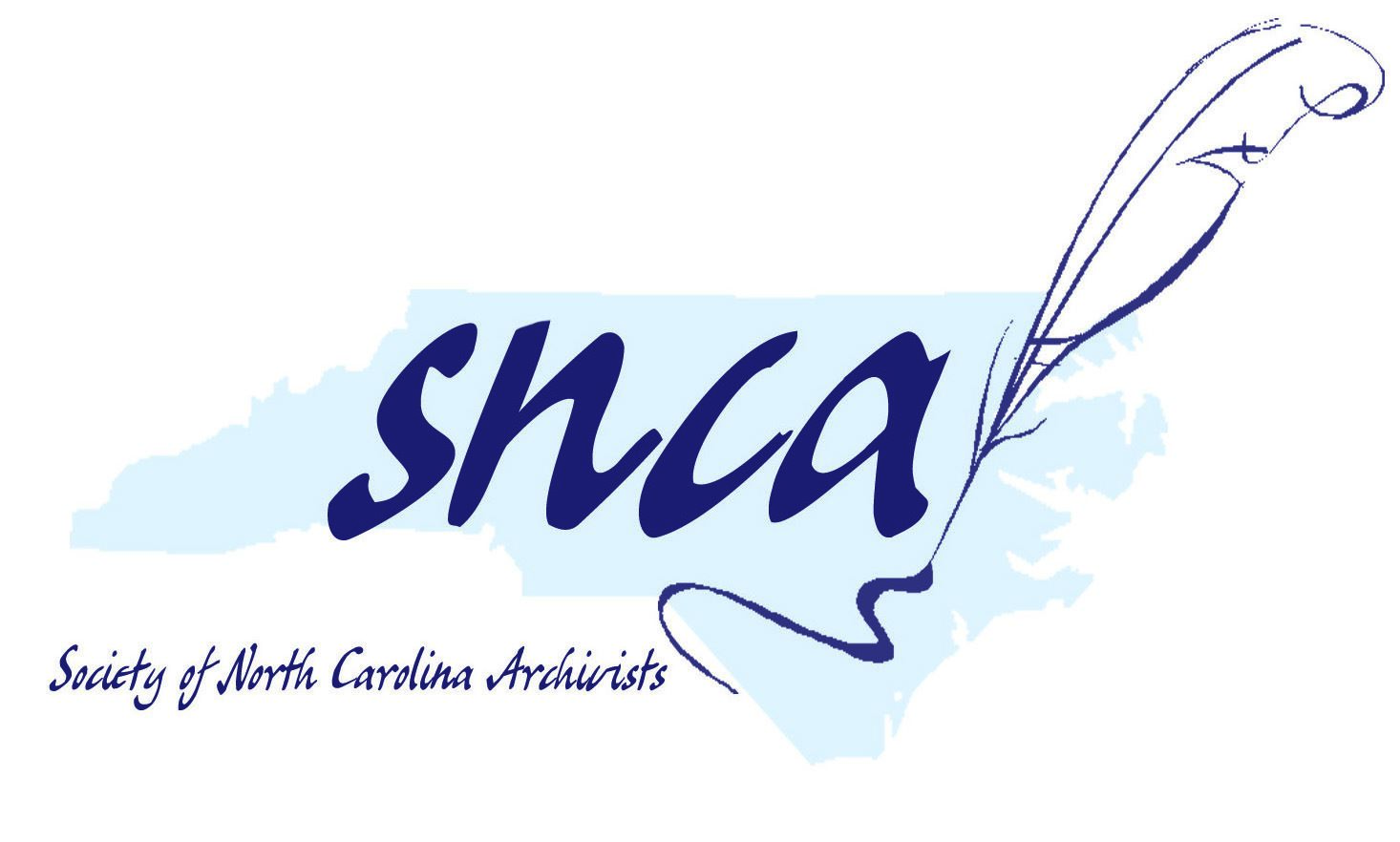SOCIETY OF NORTH CAROLINA ARCHIVISTS | PROFILE |
Nine Reasons to Host a Wikipedia Edit-a-Thon
Written by Emily Jack, Digital Projects and Outreach Librarian, North Carolina Collection Gallery, UNC-Chapel Hill
The trend of libraries, archives, and other cultural institutions hosting edit-a-thons takes place amid a unique cultural moment when it comes to Wikipedia.
The online encyclopedia’s name was once met with almost universal derision, scorned for the appearance of inaccurate information contributed by fools or by devious editors with an axe to grind. But that negative perception has been changing for several years. Even university professors, who used to tell students to avoid Wikipedia like the plague, are increasingly assigning projects that include editing Wikipedia.
Changes in the public’s perception of Wikipedia have come about partly because nearly everyone uses it. Wikipedia’s ubiquity, thoroughness, and ease of use far outweigh users’ concerns about its accuracy.
Wikipedia’s image has also been bolstered by the Wikimedia Foundation’s dedicated efforts to engage professionals from the cultural heritage sector. The Foundation recognizes that, as custodians of the world’s information, librarians and archivists have much to contribute to the world’s largest encyclopedia. And, reciprocally, we recognize that putting information in Wikipedia is a natural extension of our mission.
Libraries share information. It’s why we exist.
Historically, people seeking information had to come to us, either physically or virtually. Of course, it’s been a long time since that was the case. People still do come to us for deeper research questions and for the many other affordances we offer. But for the quick question, prompted by curiosity or need, they turn to the easy, thorough, ubiquitous tool: Wikipedia. Since we’re giving away information for free, shouldn’t we put it where people will look for it?
Hosting edit-a-thons helps us carve out the time and space to do that, while harnessing the enthusiasm of event attendees.
Here are eight other reasons why hosting an edit-a-thon might align with the goals of your institution:
- Help to diversify Wikipedia’s editing base. The lack of female editors among Wikipedia’s volunteer editing base has gained a lot of media attention in recent years. Less coverage has been given to the low numbers of editors of color. Wikipedia has been actively working to correct this, but for now the fact remains that one of the world’s most-used information sources is edited by a group of people that skews heavily male and heavily white. That fact should concern all information professionals. Hosting an edit-a-thon, and making an effort to market your event to women and minorities, can contribute to the larger effort to diversify Wikipedia’s editing base.
- Make a dent in a lesser-known topical area. The English-language Wikipedia contains more than five million articles – and yet there are significant gaps in certain topical areas. Perhaps because of the homogeneity of Wikipedia’s editing base, those topics tend to cluster in areas such as important women scientists or regional African American history. Hosting an edit-a-thon with a dedicated theme can help to fill in some of these gaps and provide a more complete record of the human experience.
- Improve the visibility of your institution and collections. All substantive Wikipedia edits require citations, linking to the source of information where possible. If a Wikipedia citation links to one of your archival manuscript collections, or your library’s digital exhibitions, that citation could draw countless new eyes to your institution’s website. This is especially the case where your collections make a unique contribution to a topic. More edit-a-thon attendees = more citations = more clicks.
- Connect to new audiences. If you tend to see the same people attending programs at your institution, hosting an edit-a-thon can be a way to bring in some fresh faces. If you cast your marketing net wide and engage your local community of Wikipedians, an edit-a-thon can bring in all sorts of unexpected participants.
- Teach information literacy. Yes, nearly everyone uses Wikipedia, but does everyone get out of it what you do? Offering a brief instruction session at the beginning of an edit-a-thon can give you an opportunity to show the anatomy of a Wikipedia article through the eyes of an information professional. How do you use a Wikipedia article to track down relevant and authoritative sources? How do you know if an edit has been contested or reverted? An edit-a-thon provides a great opportunity to model good information literacy practices.
- Teach research skills. Especially if you’re on a college or university campus, hosting an edit-a-thon gives you a unique chance to teach research skills in a way that’s fun, social, and produces an instantly useful outcome. Editing or creating a Wikipedia article requires selecting a topic and scope, tracking down sources, composing text, and citing sources. And while librarians teach these skills in dedicated instruction sessions, students respond especially well to assignments that result in broadly visible products. And seeking out a faculty member to collaborate with can give your edit-a-thon a ready-made audience.
- Demonstrate the agility and breadth of what information professionals do. Information professionals wear many hats – but most of our users rarely see the full scope of what we do. Hosting an edit-a-thon can change how our community sees us, and can suggest to our users new possibilities for information-seeking and collaboration. Hosting our first edit-a-thon in 2013 prompted several faculty members to approach librarians seeking support for Wikipedia-related projects.
- Attract media attention. Wikipedia edit-a-thons are unexpected and exciting to outsiders – including journalists. Our first three edit-a-thons garnered local and national media attention, from a brief AP wire story to an interview on our local public radio station. Hosting an edit-a-thon can be a great way to raise your organization’s profile.
If you’re convinced of the reasons why to host an edit-a-thon, this toolkit can tell you how. All you need to do is come up with the where, the when, and the who.
